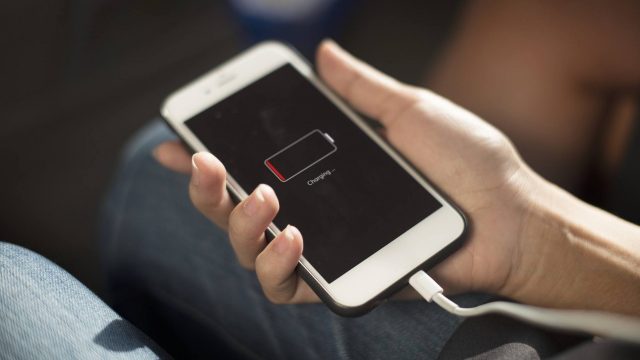Hermes Investment Management, a London-based asset management firm, has published a damning report on the prevalence of modern slavery in the supply chains of lithium batteries. It says more than 40,000 children work in dangerous cobalt mines in the Democratic Republic of the Congo (DRC), collecting cobalt that is destined for batteries used in mobile phones, tablets, and electric cars.
Spear’s explains why cobalt mining is so dangerous:
In Modern Slavery: the true cost of cobalt mining Hermes details the brutality at the sharp end of the cobalt mining supply chain in the DRC, where children work up to 12 hours a day for as little as $2. ‘To make matters worse, miners, including children, face constant risk and are ripe for exploitation,’ note the report’s authors.
‘They work in wretched conditions that are extremely dangerous to their health — often with no safety equipment or protective clothing. They are exposed to a near-invisible poison, cobalt dust, which can cause fatal hard metal lung disease… miners labour in tunnels that are not properly supported. Rainfall can cause large areas of cobalt mines to suddenly collapse.’
More than half of the world’s cobalt comes from the DRC and there is an expected 30-fold rise in the demand for the mineral by 2030. Hermes says eradicating child slavery from the industry must be a priority for stakeholders.
As to why this problem persists, the report’s authors say there is a ‘”lack of traceability” and no regulations on the global cobalt market. Hermes added that investors can drive positive change as well, noting that “Investors can play their part too by demanding more granular detail from companies on their supply chain activities.”
Amnesty International welcomed the report, calling it encouraging. “We expect other fund managers to follow suit and make equally clear their expectations that companies in which they invest should root out human rights abuses from their supply chains and publish the data to prove that they’ve done so,” said Peter Frankental, Amnesty’s UK’s Economic Affairs Director.







Freedom United is interested in hearing from our community and welcomes relevant, informed comments, advice, and insights that advance the conversation around our campaigns and advocacy. We value inclusivity and respect within our community. To be approved, your comments should be civil.
How can we tell when a product we buy is ethical when the supply chains are so convoluted. I understand the big electronics company’s are implicated.